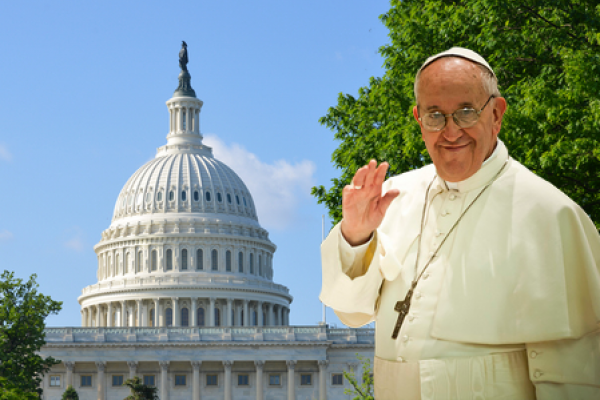The message of Christ is not often so clearly presented in American media as it was yesterday, nor is that message as clearly contradicted in the same news cycle.
Yesterday, Pope Francis, while not actually changing any doctrinal stance of the Catholic church, clearly asserted in a rare and frank interview that compassion and mercy must be the light that radiates from the global church for the world to see, rather than the church’s current “obsession” with gays, birth control, and abortion.
At the same time that the pope’s words were cycling through the media, other words were also coming through loud and clear: those of Republican lawmakers who have decided that the least of these will remain just that and, accordingly, voted to slash the food stamp budget by almost $40 billion.
The juxtaposition presented between these two events is striking. It also represents an enormous divide among Christians, and, frankly, demonstrates why so many feel Christianity is a religion full of hypocrisy.
Read the Full Article

